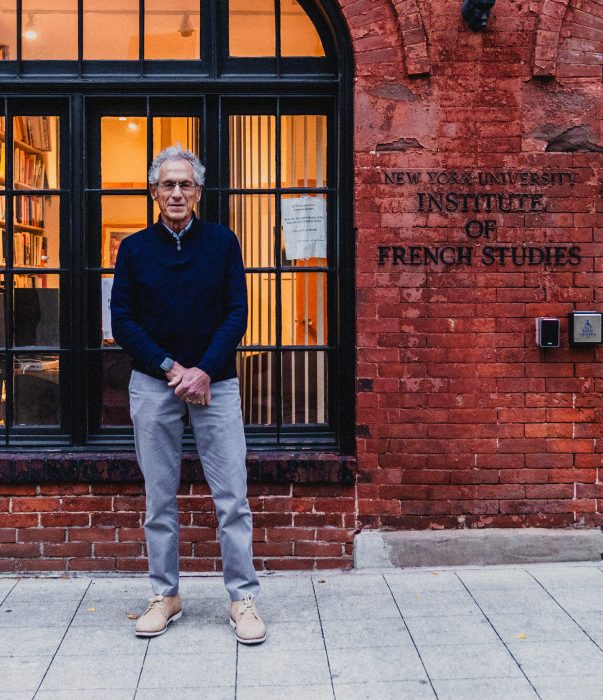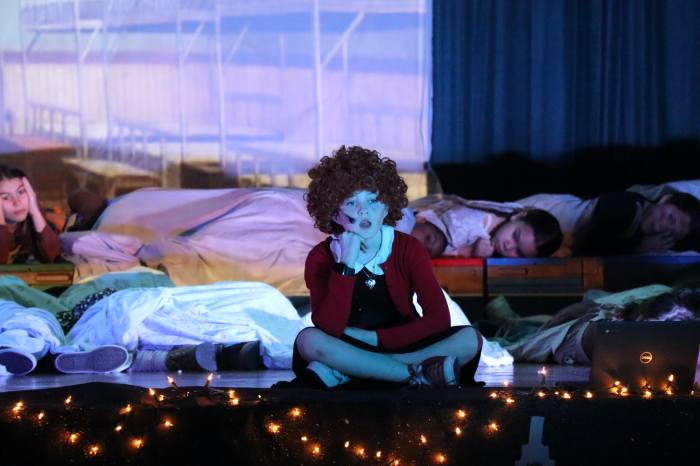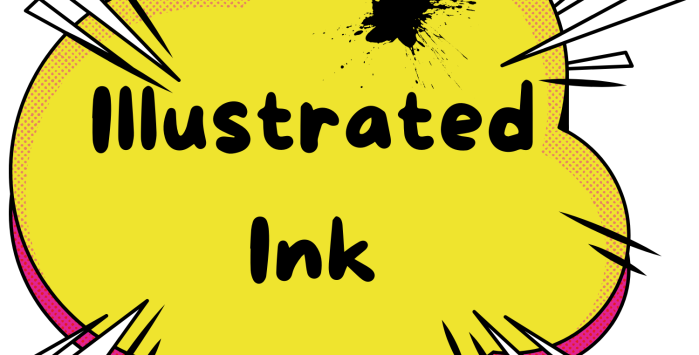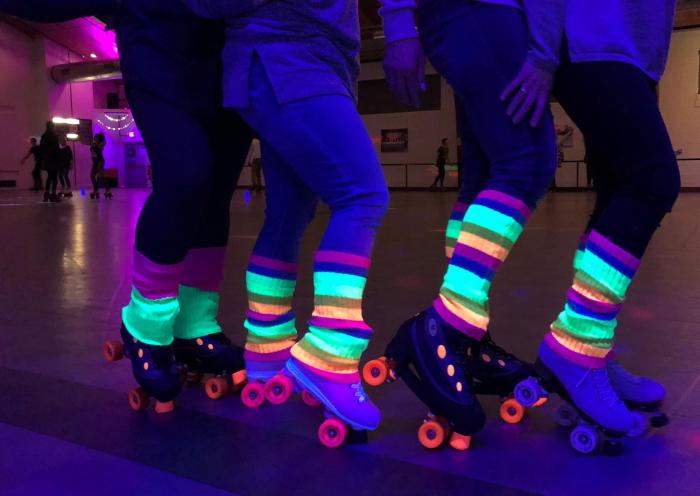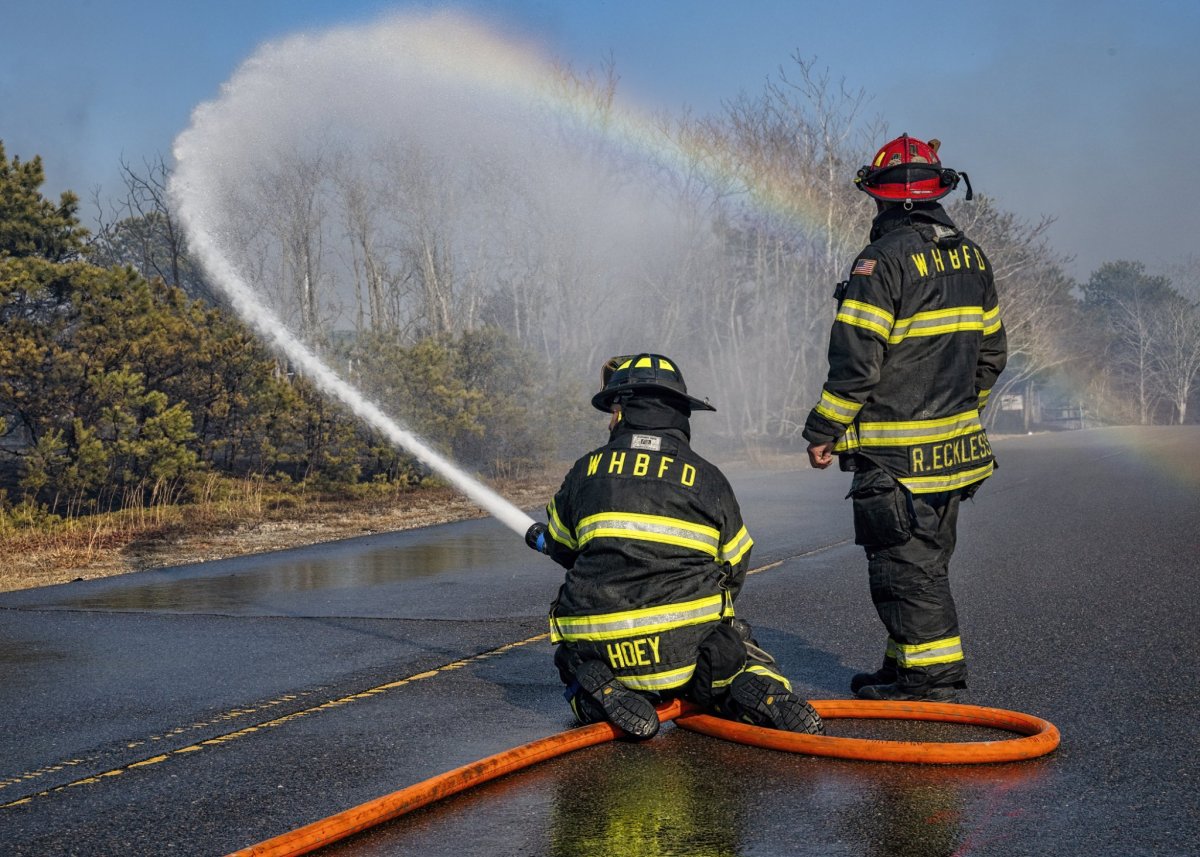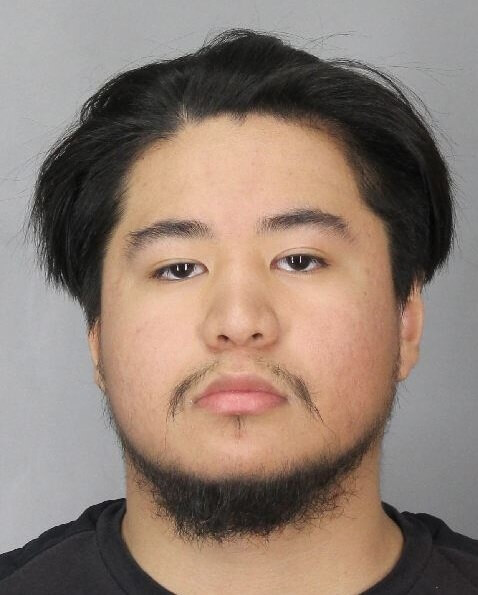
Two years ago, 13 Reasons Why debuted on Netflix. Based on the young adult novel of the same name, the show centers on a teenage girl named Hannah who chooses to take her own life and leave behind tapes explaining to everyone in her life why she did it. Around this premise is a collection of other hot button issues—teen drug use, alcohol abuse, violence, rape—you name it and the show touched on it. As a result, the show stirred up controversy immediately, leading to schools banning kids from watching it and talking about it in school.
The reason given was that it glorified and romanticized suicide. When I first watched season one of 13 Reasons Why, I didn’t think it glorified suicide. I really didn’t. I thought it showed the grim realities of such a choice in excruciating detail. But I don’t have the mindset of a vulnerable teen.
In April, a study published in the Journal of the American Academy of Child and Adolescent Psychiatry found a 28.9 percent increase in suicide among Americans ages 10-17 during the month 13 Reasons Why was released and no one could talk about anything else. This is a huge spike the likes of which has not been seen in the past 19 years.
Now, correlation is not causation and I’ll be the first to tell you that. Many many other factors could be at play here—family troubles, lack of resources, lack of access mental health care, plus the extreme anxiety the current administration has created in the average American. Other studies say 13 Reasons Why opened up opportunities for hard conversations and ultimately helped kids.
But I say if there’s even the slightest chance this show’s existence led to more kids committing suicide than would have occurred otherwise, then the right thing to do is to take it off the air. Take down seasons one and two and do not release season three, scheduled for later this month.
Netflix is not prepared to do this and instead they have simply cut the graphic suicide scene out of the show and promise to police bootleg copies. This compromise is not good enough. Netflix is missing the point. Though I didn’t see it at first, the premise of the show does romanticize suicide. The idea that you can seek revenge on those who hurt you and finish your unfinished business after death is not a good message to send teens. Death is final. No audio recordings can change that.
In addition, romanticized or not, suicide contagion is a real phenomenon. This is the reason why news programs do not typically reveal suicide as a cause of death—it encourages copycats. This is the reason why celebrity suicides have been linked to mass suicide clusters in the populace. This is the reason why in the aftermath of a suicide, that person’s friends and family are at a higher risk for suicide.
I don’t hate the show and I’m not in favor of censorship. But Netflix should self-censor in this instance. It could save lives.
If you or someone you know may be considering suicide, contact the National Suicide Prevention Lifeline at 800-273-8255 or the Long Island Crisis Center at 516-679-1111.
—Kimberly Dijkstra
Agree? Disagree? We’d love to hear from you! Send a letter to the editor to kdijkstra@antonmediagroup.com.




